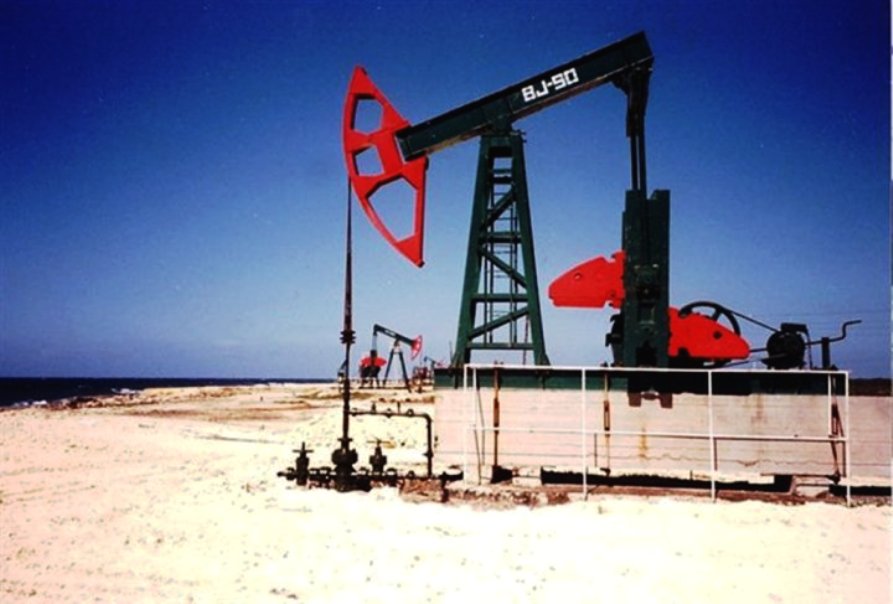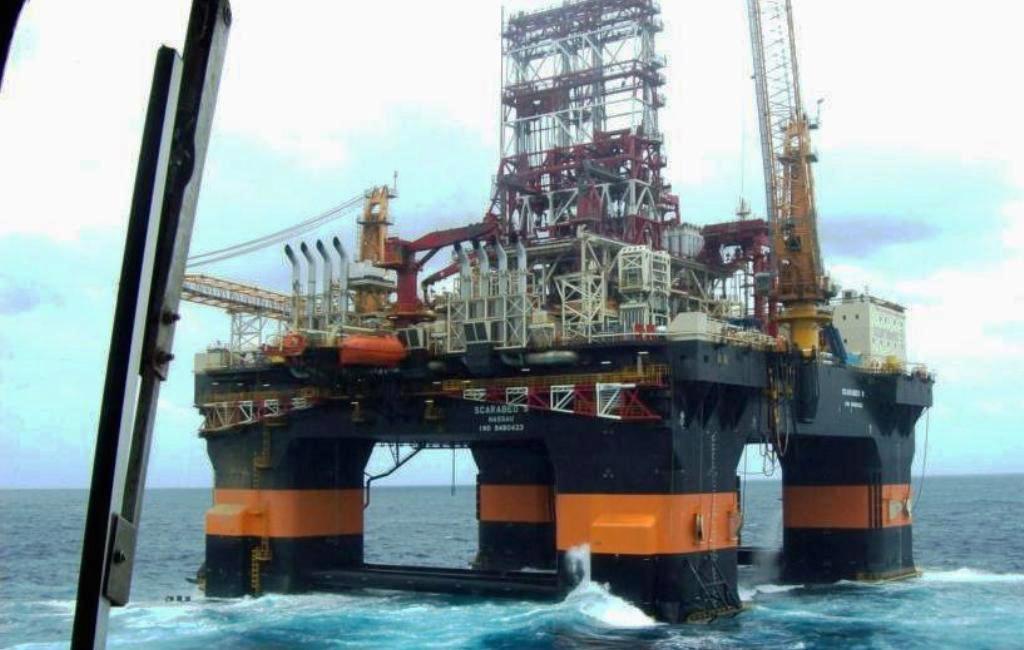By Peter Orsi, November 13, 2012; Associated Press,
Original Article here: Cuba oil dreams on hold
The only rig in existence that can drill in deep waters off Cuba is preparing to sail away from the island, officials said Tuesday, after the third exploratory well sunk this year proved nonviable in a blow to government hopes of an oil bonanza.
While production was always years off even in the event of a big discovery, analysts said the Scarabeo-9’s imminent departure means Havana’s dreams of injecting petrodollars into a struggling economy will be on hold indefinitely.
“Bottom line: This chapter is finished. Close the book, put it on the shelf,” said Jorge Pinon, a Latin America oil expert at the University of Texas’ Center for International Energy and Environmental Policy. “But do not discard. Maybe there is a good ending to this story … someday.”
Geological surveys indicate that between 5 billion and 9 billion barrels of oil may lie in deep waters off Cuban shores, but finding it has turned out to be trickier than officials hoped.
The Scarabeo-9, a 380-foot-long (115-meter), semisubmersible behemoth that leases out for prices approaching a half-million dollars a day, steamed all the way from Asia at tremendous cost to arrive in Cuba in January. That was the only way companies could avoid sanctions under Washington’s 50-year-old embargo against Cuba. The Scarabeo is the only rig of its kind built with less than 10 percent American parts — an extreme rarity in an industry where U.S. technologies play a major role.
An exploratory well sunk early this year by Spanish company Repsol turned out to be commercially nonviable. After Repsol declined an option to try again, the Scarabeo passed to a group led by Malaysia’s Petronas, which drilled its own dud. Cuban officials announced Nov. 2 that Venezuela’s PDVSA had also missed the mark.
For this baseball-mad nation, it was strike three. Cuba’s Ministry of Basic Industry, which oversees oil matters, confirmed Tuesday that the rig is on its way out, with no word on when it might return.
“The Scarabeo-9 will leave Cuba soon,” it said in a brief statement emailed to The Associated Press.
It referred questions about the platform’s destination to owner Saipem of Italy. Saipem’s parent company Eni declined to comment, but various reports have had it bound for Africa or Brazil.
Oil’s existence off Cuba is not in doubt. Russian company Zarubezhneft is contracted to use a different rig to drill in shallower waters off Cayo Coco, a key Cuban tourist destination, later this month. But the more promising deposits lie in the deep waters of the west.
The only way to get at them is to bring back the Scarabeo or build an entirely new rig, and the three failed holes plus the ongoing hassle of avoiding sanctions from the U.S. embargo will likely make companies think twice.
Pinon noted that the Repsol and Petronas wells were not dry holes, only that exploiting the oil there was not currently commercially viable due to the structure of the ocean floor and the porosity of the rock.
“If oil continues at over $100 and if the industry continues to learn and develop new technologies, they could probably come back to Cuba … and go for a second round,” he said.
Cuban drilling in the Gulf of Mexico had raised fears in the United States that a big spill could slick U.S. shores from the Keys to the Carolinas. It also attracted heated criticism from anti-Castro exiles in Florida’s Cuban-American community.
“The (U.S.) administration must finally wake up and see the truth that an oil rich Castro regime is not in our interests,” Florida Rep. Ileana Ros-Lehtinen said in a recent statement.
Some cited Cuban oil exploration to argue for strengthening the embargo, which bans U.S. companies from doing business with Cuba and threatens sanctions against foreign firms if they don’t play by its rules. Others said it demonstrated the opposite: a need to ease the embargo so U.S. companies could more smoothly participate in disaster response to any spill.
Cuba has long campaigned for an end to the embargo, which remains in place despite 21 consecutive U.N. votes against it — most recently on Tuesday when the world’s nations voted 188-3 to condemn the sanctions.
 Off-Shore Petroleum Exploration Concessions
Off-Shore Petroleum Exploration Concessions
 On-Shore Petroleum Extraction Rigs, Matanzas, 1996, Photo by Arch Ritter
On-Shore Petroleum Extraction Rigs, Matanzas, 1996, Photo by Arch Ritter


